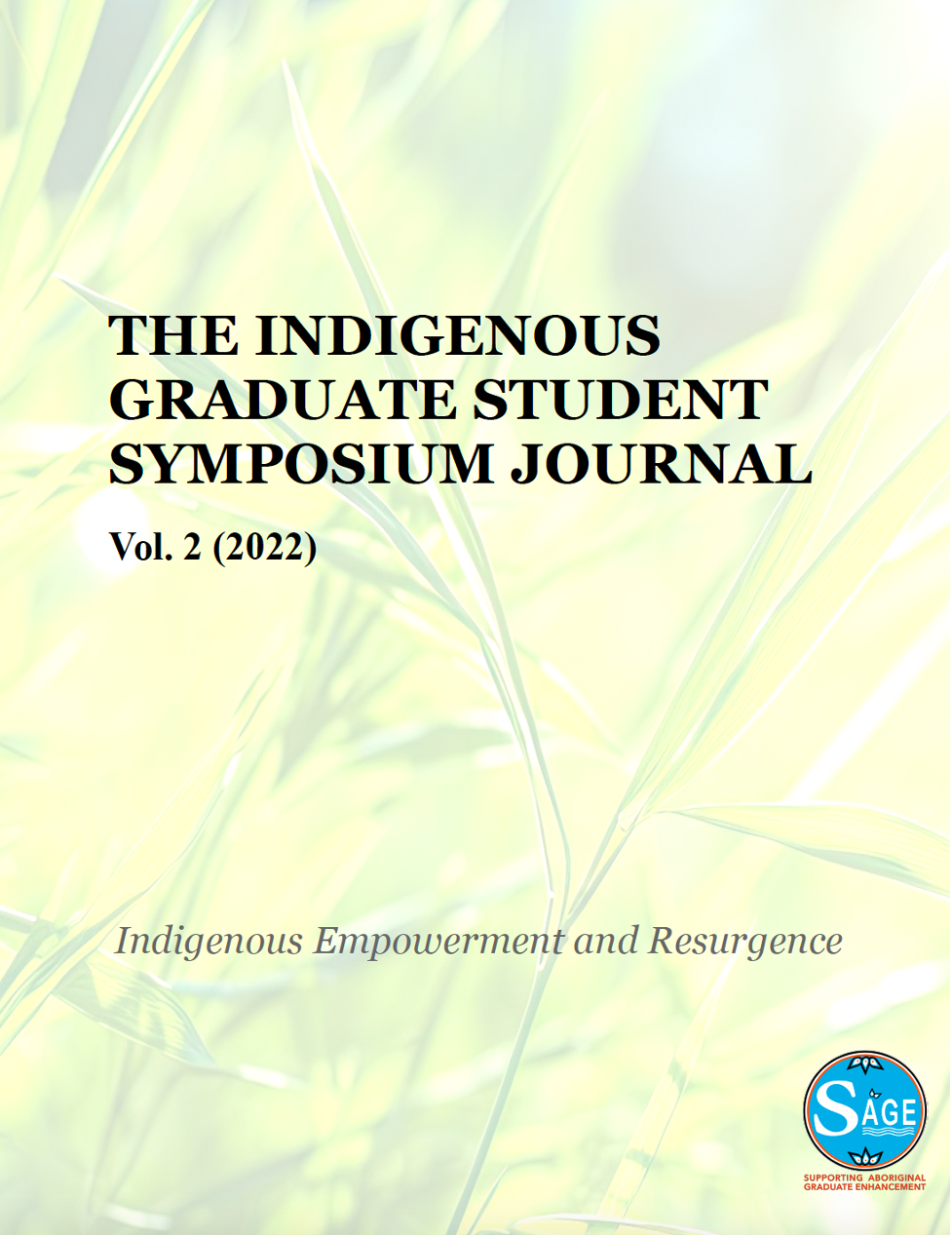How Housing Influences the Decisions of Indigenous Learners to Pursue and Complete Higher Education: A Case Study at Western University
Main Article Content
Abstract
This session shared the Author’s ongoing research study exploring the unique student housing experiences and needs of Indigenous learners pursuing higher education in Ontario. The research study is connected to two national conversations seeking to address the disparities between Indigenous and non-Indigenous Peoples in the areas of postsecondary education attainment and housing access. General research studies examining the benefits of postsecondary student housing have demonstrated a strong consensus that access to student housing is beneficial to students in areas of retention, completion, and nurturing a sense of belonging on campus (1-3). However, lacking Indigenous-specific data general studies do not sufficiently disentangle the unique student housing needs of Indigenous learners. Research specific to Indigenous learners pursuing higher education in Canada reveals that their housing experiences and needs are socially, culturally, and economically distinct (4-7). Although there has been a significant increase in the development and offering of Indigenous-specific supports and resources at Canadian universities (8), the role of housing in enhancing access and success in higher education for Indigenous learners has not yet been meaningfully brought forward in these conversations.
[1] University of Toronto (2018). University of Toronto Student Housing Case Study: Institutional picture. Retrieved from: https://files.cargocollective.com/c269960/4.3-University-of-Toronto-Student-Housing-Policy-and-Views---Ceara-Marcelo-Ashish--2019--copy.pdf
[2] Garvey, J. C., Ballysing, T. A., Dow, L. B., Howard, B. L., Ingram, A. N., & Carlson, M. (2020). Where I Sleep: The Relationship with Residential Environments and First-Generation Belongingness. College Student Affairs Journal, 38(1), 16-33.
[3] Silva, M. R., Kleinert, W. L., Sheppard, A. V., Cantrell, K. A., Freeman-Coppadge, D. J., Tsoy, E., . . . Pearrow, M. (2017). The Relationship Between Food Insecurity, Housing Stability, and School Performance Among College Students in an Urban University. Journal of College Student Retention: Research, Theory & Practice, 19(3), 284-299.
[4] Archibald, J., Pidgeon, M., Hare, J., van der Woerd, K., Janvier, S., & Sam, C. (2004). The Role of Housing in Aboriginal Student Success: Post-Secondary institutions in Vancouver. Ottawa: Canada Mortgage and Housing Corporation.
[5] Currie, C. L., Motz, T., & Copeland, J. L. (2020). The Impact of Racially Motivated Housing Discrimination on Allostatic Load among Indigenous University Students. Journal of Urban Health, 97, 365-376.
[6] Wallace, B., Maire, B., & Lachance, A. (2004). Aboriginal post-secondary student housing: Research summary. Bridges and Foundations Project on Urban Aboriginal Housing. Retrieved from http://datalib.usask.ca/iportal/2005.07.14/WallaceAboriginalStudentHousingAssessmentrevisedfinal.pdf
[7] Pidgeon, M., & Rogerson, C. (2017). Lessons Learned from Aboriginal Students' Housing Experiences: Supporting Aboriginal Student Success. The Journal of College and University Student Housing, 44(1), 48-73.
[8] Gaudry, A., & Lorenz, D. (2018). Indigenization as inclusion, reconciliation, and decolonization: navigating the different visions for indigenizing the Canadian Academy. ALTERNATIVE, 14(3), 218-227. doi:10.1177/1177180118785382
Article Details

This work is licensed under a Creative Commons Attribution-NonCommercial 4.0 International License.

